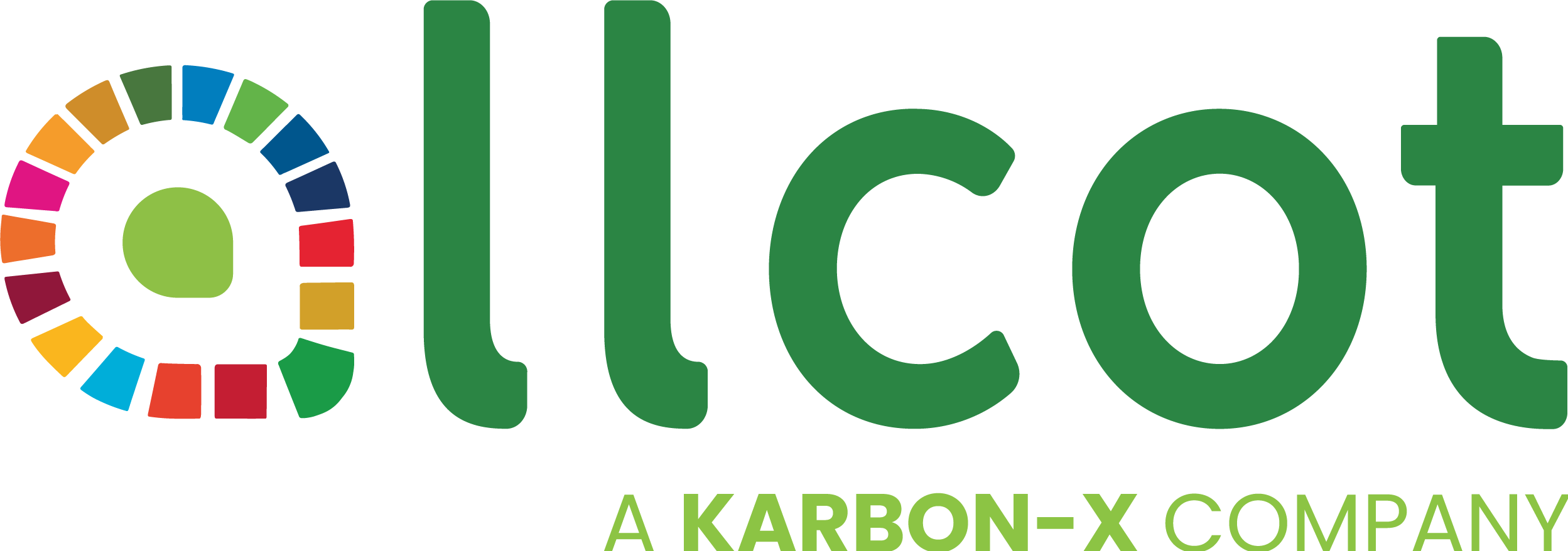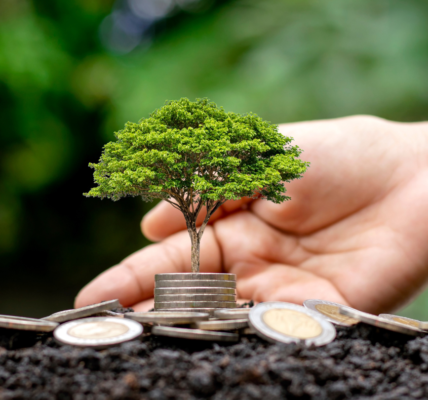Clean cookstoves are among the keys to achieving Sustainable Development Goal 7 on clean and affordable energy, because they have positive effects on nature, productivity, and people’s health.
Cooking is a fundamental part of life. However, 2.8 billion people in the world, especially in Africa and Asia, are unable to indulge in the luxury of using clean energy and suffer the consequences of cooking with fossil fuels or wood.
The consequences of the lack of access to clean cookstoves
Lack of access to clean cookstoves is a major threat to the health, nature, climate, and productivity of communities.
Due to the smoke generated by these traditional cooking practices, about 1.6 million people die each year. It is also estimated that this practice generates 1.2 Gigatons of greenhouse gases – GHG per year.
Likewise, “34% of the firewood harvested is unsustainable, contributing to forest degradation and climate change”.
Social perspective
From a social perspective, women and children can spend up to 10 hours a week walking increasing distances and carrying heavy loads of wood in order to light their stoves, thus reducing their possibilities to engage in other activities such as studying or looking after their families.
According to the World Bank report “The State of Access to Modern Energy Cooking Services”, access to modern sources of energy for cooking is only 10% in Sub-Saharan Africa, 36% in East Asia and 56% in Latin America and the Caribbean.
Based on the same report, the economic costs of cooking with traditional methods and fossil fuels exceed US$2.4 trillion per year, distributed as follows: adverse effects on health (US$1.4 trillion), climate (US$0.2 trillion) and women (US$0.8 trillion lost in productivity).
Clean cookstoves as a sustainable solution
Switching to clean cooking solutions, such as biogas cooking, electricity, ethanol, or solar energy, can improve and save lives, helping to meet the Sustainable Development Goal 7 target on affordable and clean energy.
The Report on “The Role of Voluntary Carbon Markets in Clean Cooking” states that “achieving universal access to clean cooking by 2030 is estimated to cost up to USD 4.5 billion annually, but finance flows over the past decade have peaked at only 2 percent of this”.
Thanks to Article 6 of the Paris Agreement, it is possible to unlock the barriers to access clean cookstoves around the world through carbon credits.
Clean cookstove projects generating carbon credits, besides being attractive to carbon project financiers and developers, help reduce the upfront cost of cookstoves for users, who can make smaller payments spread over time based on the actual use of their cookstoves.
In addition, this type of projects can encourage companies to provide higher quality technologies and fuels to their customers, as well as services that guarantee the maintenance, repair, and use of these technologies.
According to the study “The Role of Voluntary Carbon Markets in Clean Cooking“, an estimated $150 million was generated worldwide in carbon credits from clean cookstoves between 2013 and 2022. Ninety-five percent of these projects were implemented in China, Nepal, India, Vietnam, and Cambodia, and the clean cookstoves distributed in these projects use biogas cooking, solar energy, biomass, or liquid biofuels.
Opportunities in clean cooking project development
Therefore, the great challenge and opportunity for the development of clean cookstove projects resides in Sub-Saharan Africa, where only 10% of the population has access to cookstoves that meet minimum standards of convenience, affordability, safety, and fuel availability.
ALLCOT is developing clean cookstove projects in Africa contributing to SDG Target 7 through the distribution of approximately 150,000 cookstoves in Kenya, Senegal and Côte d’Ivoire, which are estimated to produce 2.5 million carbon credits.






